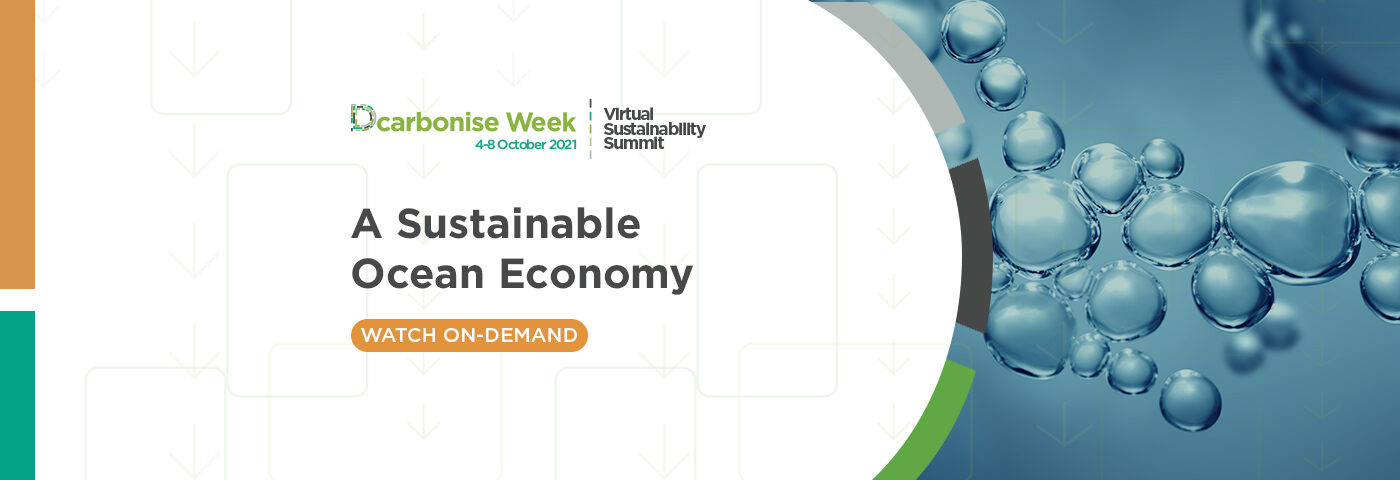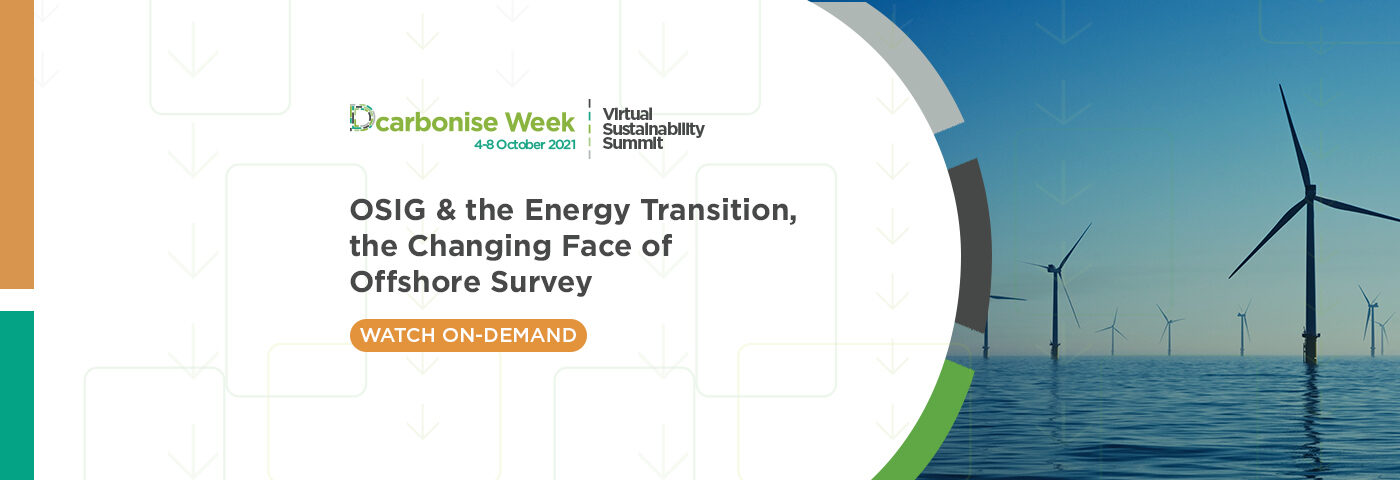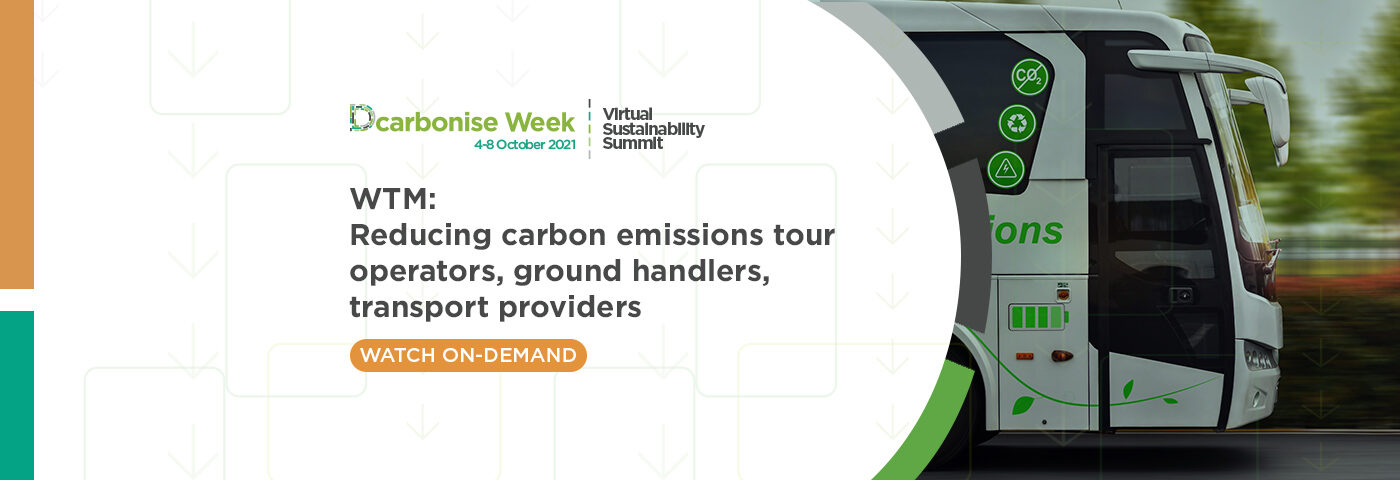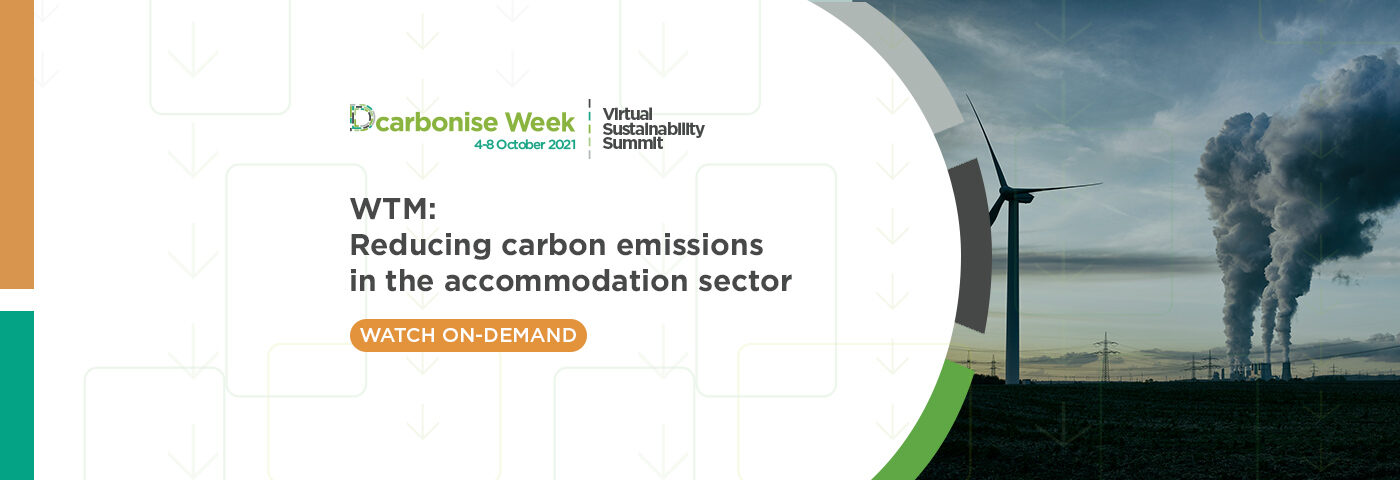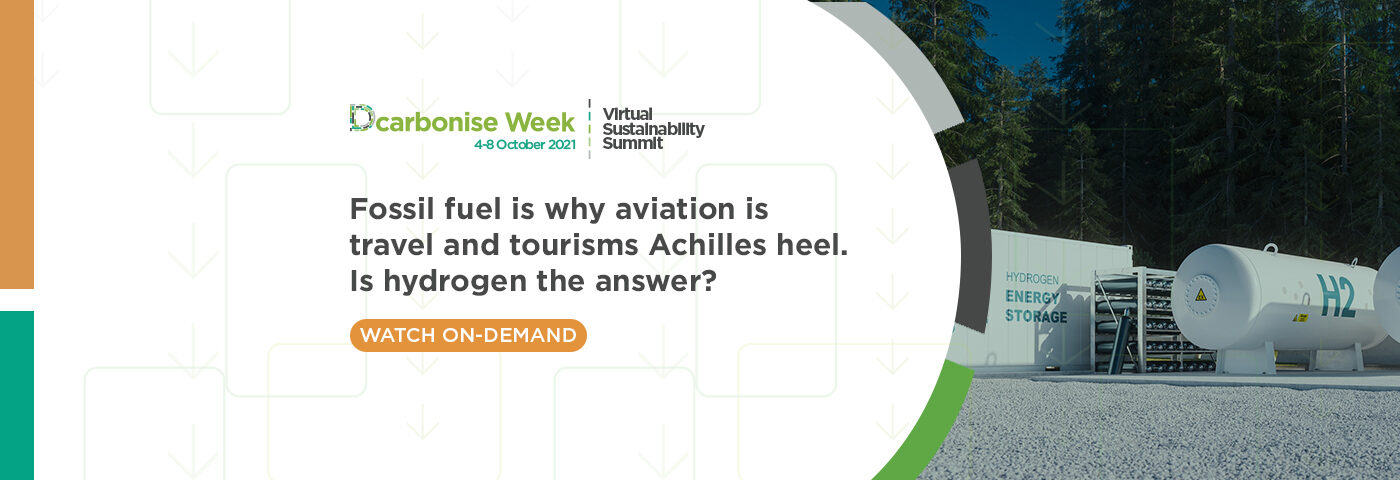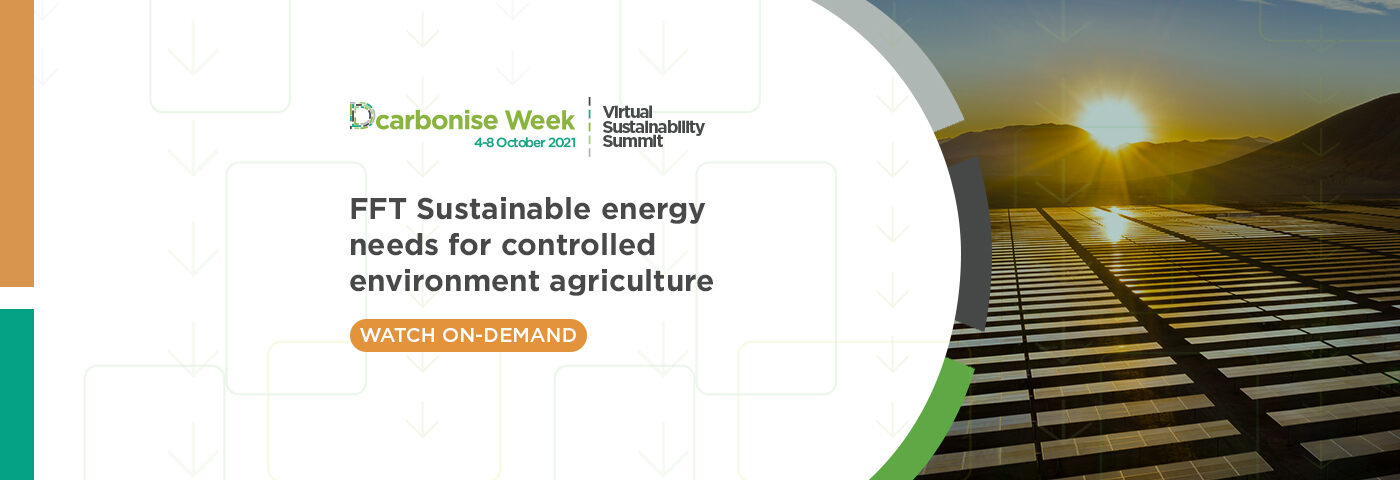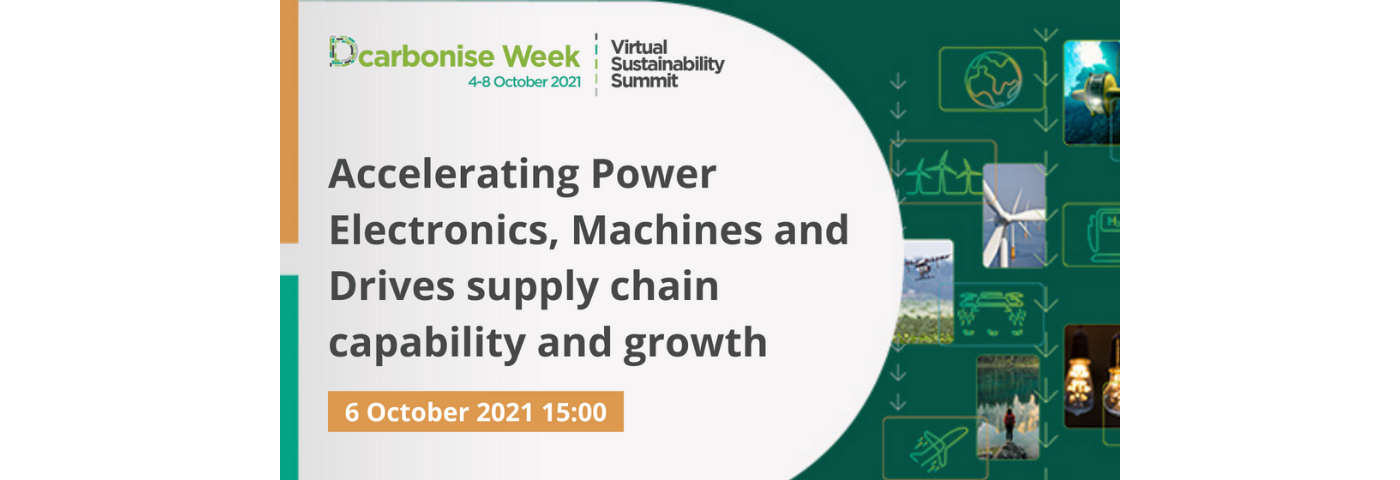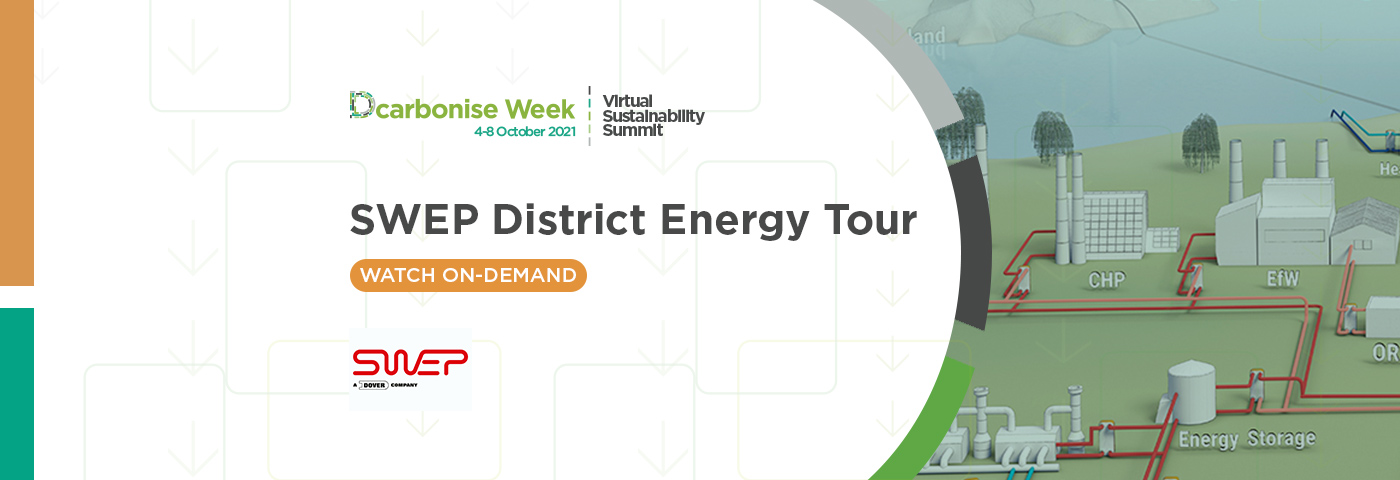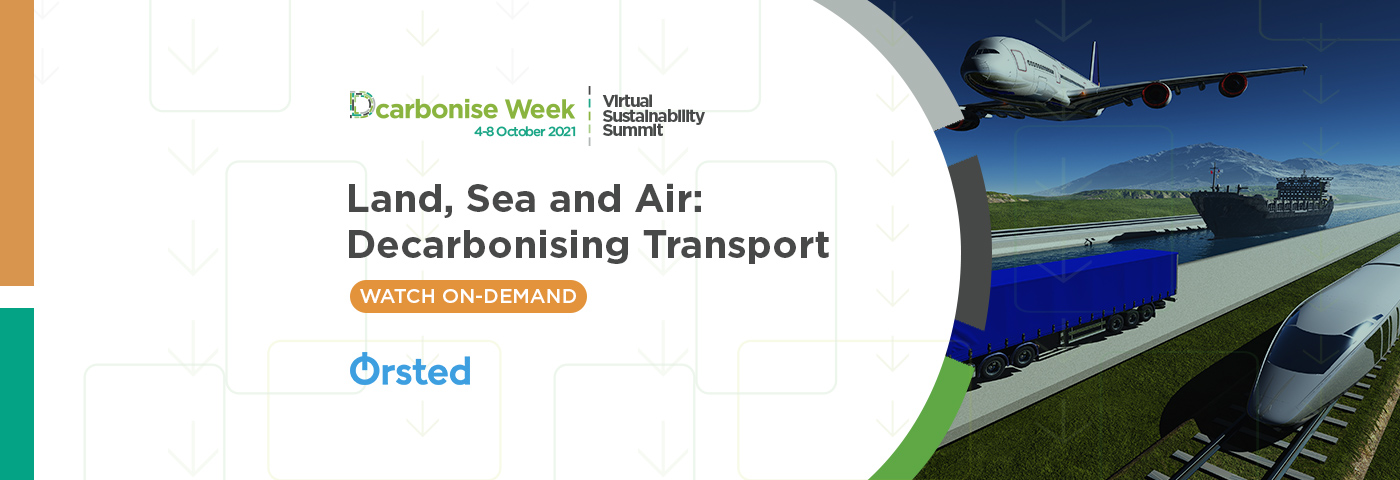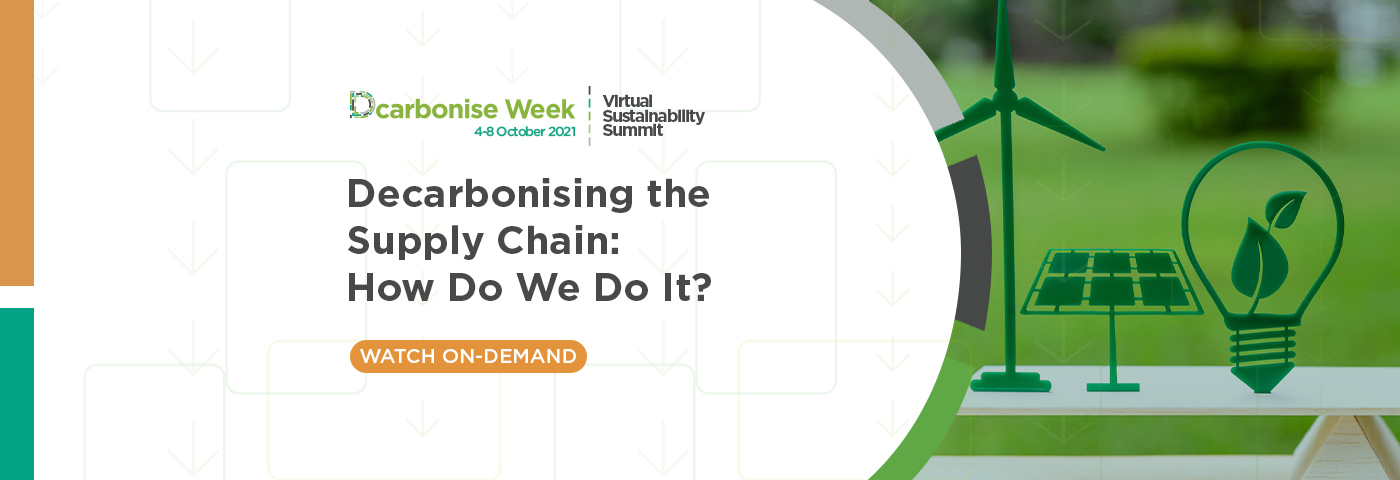Sponsored by Driving the Electric Revolution Industrialisation Centres
Driving the Electric Revolution Industrialisation Centres (DER-IC) have been established across the UK to encourage cross sector collaboration, enable development of technology and accelerate growth of manufacturing capability in order to make the UK a centre of excellence for Power Electronics, Machines & Drives (PEMD). PEMD is crucial for successful delivery of electrification and decarbonisation of transport, energy and industry. The DER-IC project aims to maximise the opportunity presented by the global drive to net zero and encourage different sectors to develop solutions together which will accelerate the time to market.
The session provides an overview of the UK DER-IC network and insights into DER-IC – Scotland which focusses on high power, high integrity and systems across sectors such energy and industrial and transport sectors including rail, aerospace, maritime, off highway and truck & bus.
DER-IC – Scotland offers an opportunity to utilise a range of capability to tie early stage system level development through to sub-system and component design, manufacture and test. The region draws on expertise across the University of Strathclyde and University of St Andrews at platform level, through to drive sub-system and component level at University of Edinburgh and University of Glasgow with support in manufacturing and testing at National Manufacturing Institute of Scotland and PNDC. With contributions from our network, DER-IC offers a unified approach to technology development, manufacture and test in order to accelerate supply chain growth, create jobs and reduce time to market.
